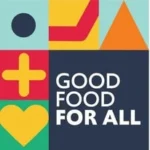Nutrition is the foundation of our future. In the lead-up to the Nutrition for Growth summit next March, it’s time for governments, philanthropies, civil society, and investors to take the issue much more seriously.
By Brieuc Pont, Lawrence Haddad, 10 July 2024
Nutrition is the foundation of our future. In the lead-up to the Nutrition for Growth By Brieuc Pont, Lawrence Haddad
Millions of people are hungry. But billions more are malnourished because the calories they get are empty of other good things such as vitamins, minerals, proteins, and fiber. Getting this right in the first 1,000 days of a child’s life, from conception until they reach 2 years of age, is paramount for setting off on pathways to a good life. Children who are well nourished at age 2 do better in school, are more likely to thrive mentally and physically, develop stronger livelihoods, and age healthily — avoiding diseases such as type 2 diabetes, obesity, and high blood pressure.
Nutrition is a nonnegotiable prerequisite for a flourishing society and economy. Yet too many parents have to choose between calories that fill the stomach or taste good which are relatively inexpensive, and the more expensive nutritious foods that develop brains and fuel hopes.
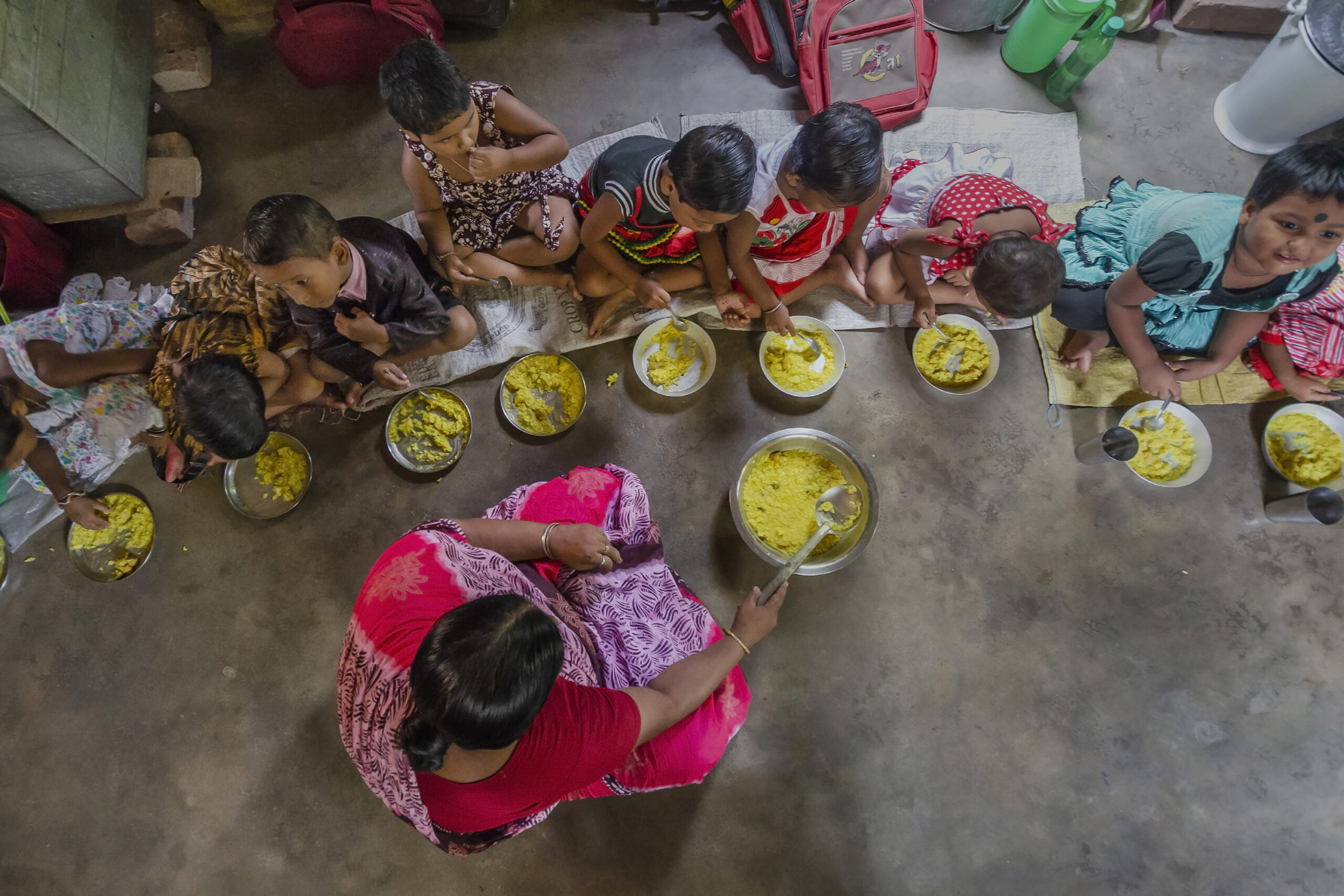
N4G Paris will aim to anchor nutrition at the center of sustainable development policies, striving to bring development finance institutions on board. Scaling up action and finance for nutrition is highly rewarding: £1 invested in nutrition generates £16 in wealth, according to the 2014 Global Nutrition Report. In many countries, this average investment benefit-cost ratio is much higher. In Nigeria it is 27, in India 34, Indonesia 48, and in South Africa it is an incredible 53. These ratios far outweigh the performance of the Dow Jones Index over the past 100 years. Nutrition is the “super-investment” that keeps on giving for people, society, and the planet.
By encouraging new and ambitious political and financial commitments from governments, philanthropies, civil society organizations, investors, and businesses, N4G Paris will help fuel the virtuous cycle of nutrition, enabling accelerated bold actions. Malnutrition is not limited to low-income countries, it is in fact a universal challenge, shared by both low- and high-income countries.
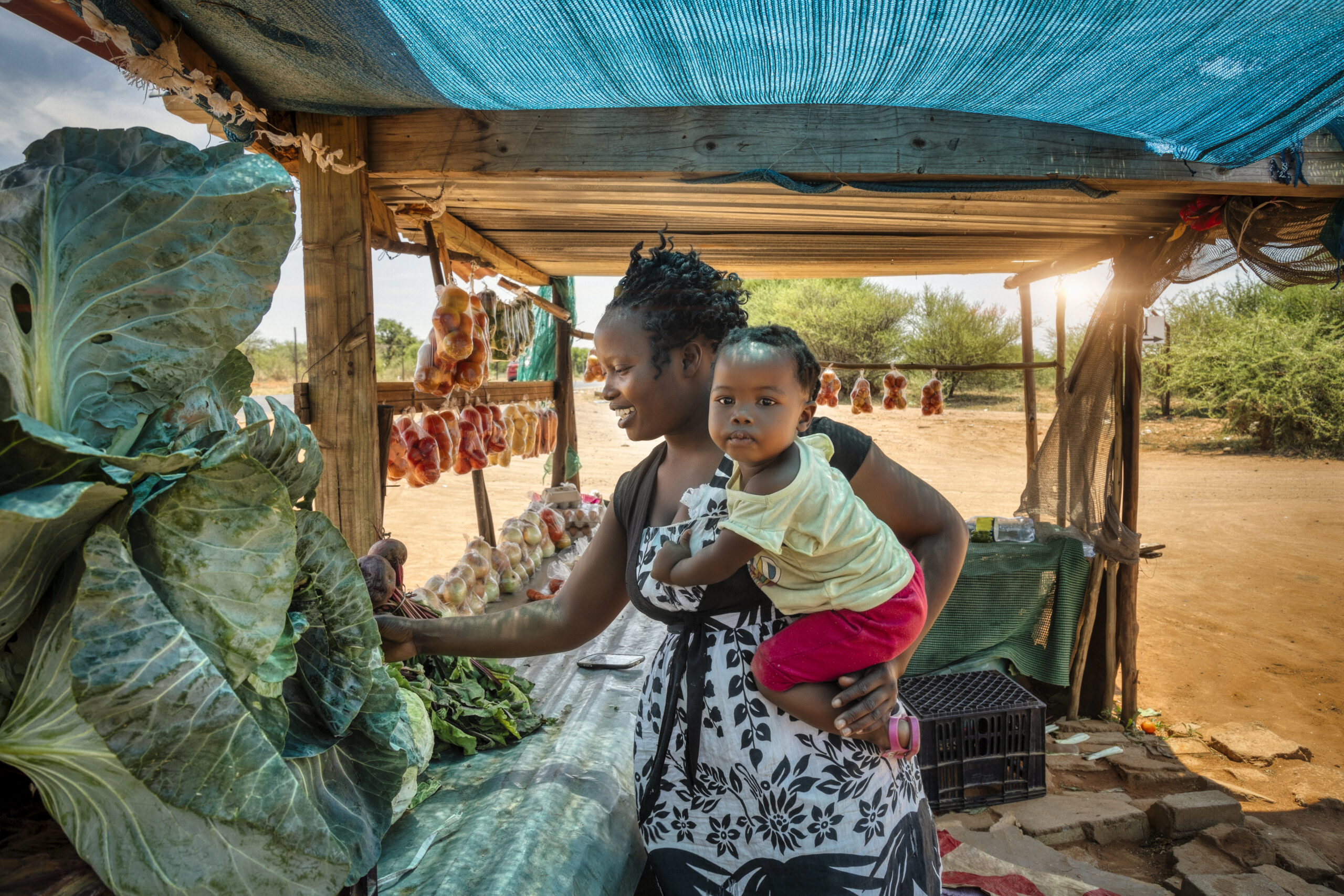
In the last 20 years, inadequate diets have become the leading factor in disease and premature mortality in every country on the planet. In 2022, nearly 150 million young children under 5 were suffering from stunting. Stunting is the straitjacket that holds back the development of brains, muscles, bones, and immune systems.
Also in 2022, 45 million young children suffered from wasting. These children are literally skin and bone and are at high risk of imminent death. And for the 37 million young children who are overweight, they are a ticking time bomb for heart attacks, cancers, and strokes.
The world’s multiple crises — the COVID-19 pandemic, climate change, conflicts, and low economic growth — have turned the clock back on the progress already achieved, with populations ever less resilient to current and future crises. Women in particular bear the heaviest burden of malnutrition, mostly for social and societal reasons: They usually eat last and least. It is no surprise that in today’s world, half a billion women between 15 and 49 years of age suffer from anemia, but it is a scandal.
Making safe and nutritious diets more available also represents smart climate action as it tends to lower greenhouse gas emissions and reduce food losses. It is not just humans that thrive from better nutrition — the planet does too.


Nutrition matters to every person, parent, and country. It helps to build resilience among vulnerable communities around the world. It helps nations become stronger in the face of disease and climate change. It delivers more efficient development policies that aim at preserving livelihoods, allowing donor countries to build upon its success and allocate taxpayers’ money in order to help low- and middle-income countries run the extra mile.
If we don’t get nutrition right early on in life, we essentially build our societies on quicksand, with predictable and disastrous consequences.
In March 2025, 12 years after the first N4G in London, we will have a unique opportunity to show concrete progress. Governments, financial institutions, impact investors, pension funds, companies big, medium, and small, international and local civil society organizations, philanthropies, and individuals: N4G Paris will engage all stakeholders to take up the challenge.
We must be smart and imaginative. Public sector budgets may be facing the squeeze right now, but with the right strategic investments, constrained government, and donor funds can leverage much bigger resource flows for nutrition from the private sector, from the development finance institutions, and from green financing. Doing this would be good for nutrition but also good for business, for climate action, and for future-proofing DFI investments.
N4G Paris will send a simple but clear message: Nutrition is the foundation of our future. We need to ramp up creative investments — now.
In this way we can make sure nutrition becomes a nonnegotiable pillar of development: Something that is so obvious it is not even questioned, as obvious as sending a child to school. Not only do we need Nutrition for Growth, we also need nutrition to nourish the future.
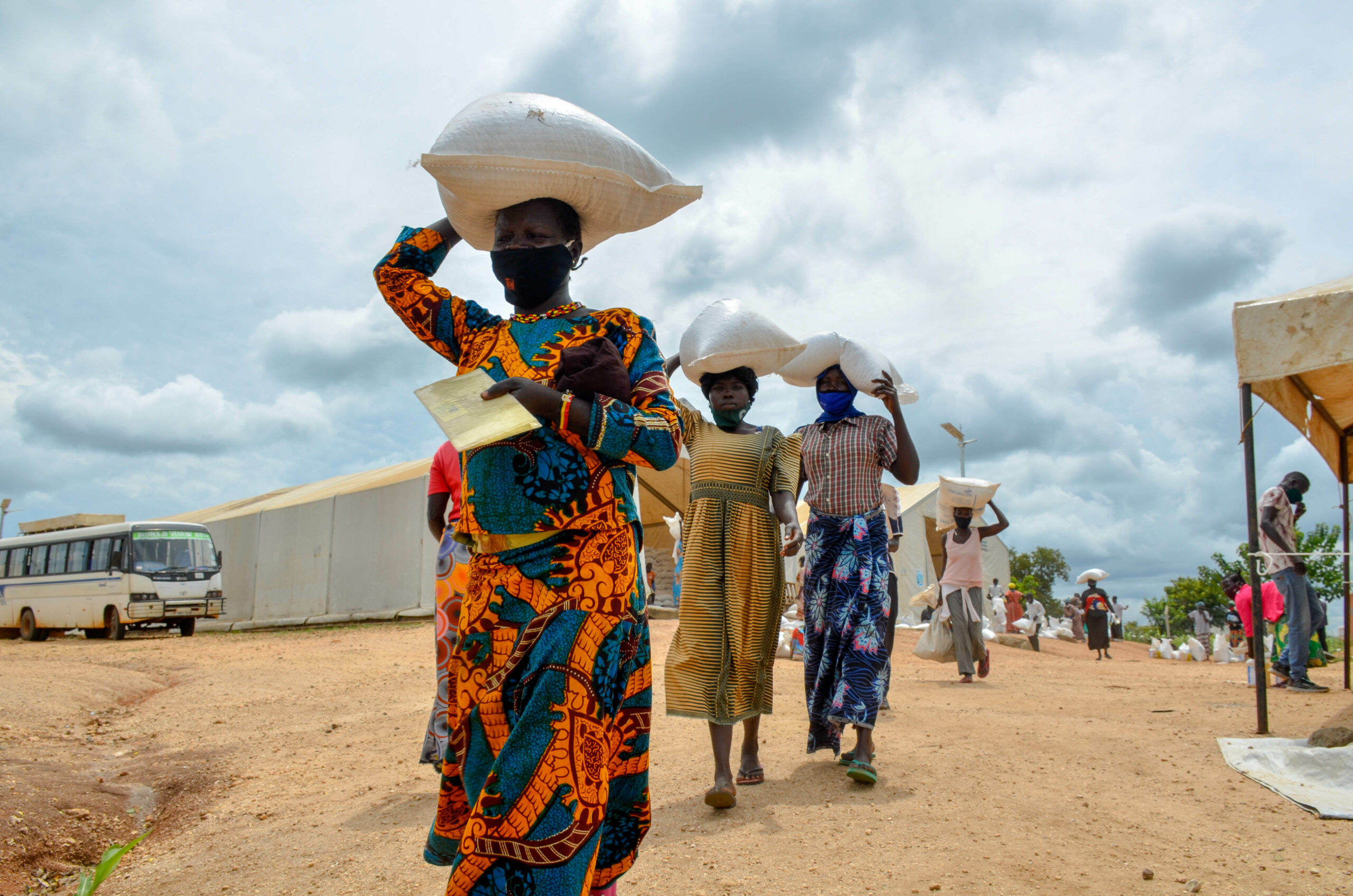
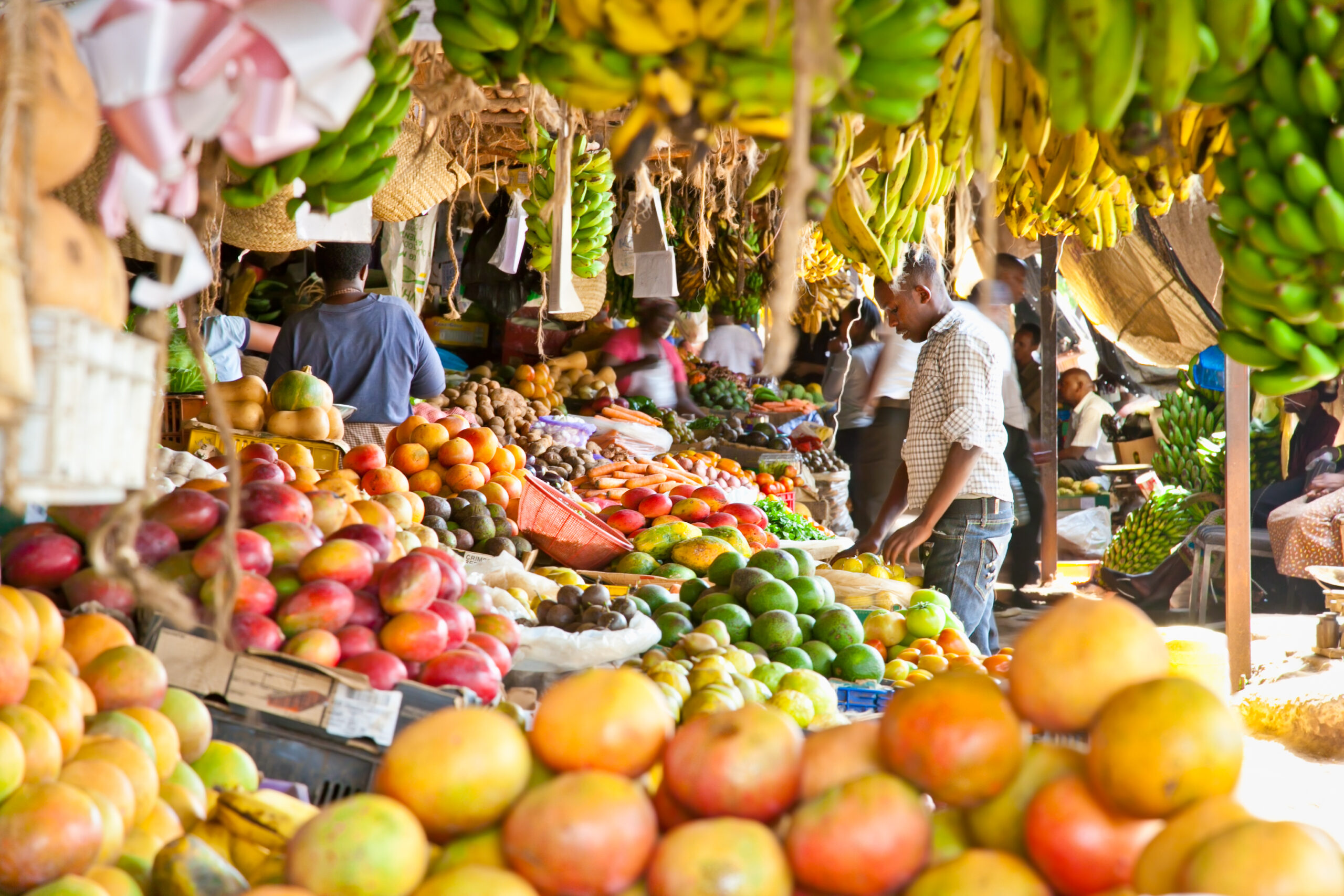

Authors
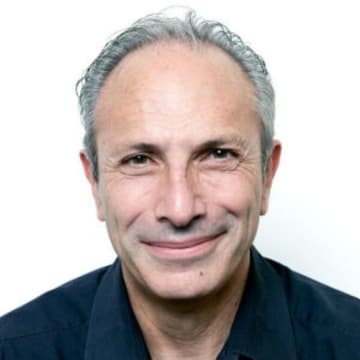
Lawrence Haddad is a World Food Prize winner and has been GAIN’s executive director since 2016. Haddad was one of the drivers behind the initiative on climate and nutrition at COP 27 and 28, and he chaired Action Track 1 of the 2021 UNFSS. He was co-founder of the Standing Together for Nutrition consortium. Before GAIN, Haddad worked in research-based entities such as the Global Nutrition Report, the Institute of Development Studies, the International Food Policy Research Institute, and the U.K. Steering Committee of the High-Level Panel of Experts of the U.N. Committee on World Food Security. An economist, Haddad completed his Ph.D. in Food Research at Stanford University in 1988. He has received the Companion of the Order of St. Michael and St. George.
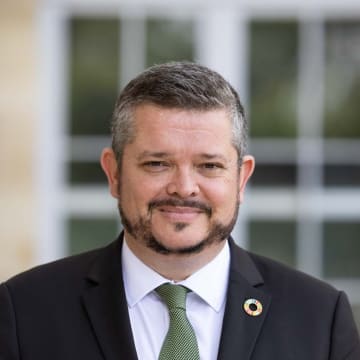
Brieuc Pont is France’s special envoy on nutrition and secretary-general of the Nutrition for Growth Summit. He previously served as France’s ambassador to Nicaragua 2020-2023 and consul general in Sao Paulo 2016-2020. Pont is a graduate of the Bordeaux Institute of Political Studies. He holds a post-graduate diploma in Political Communication from the University of Paris.







